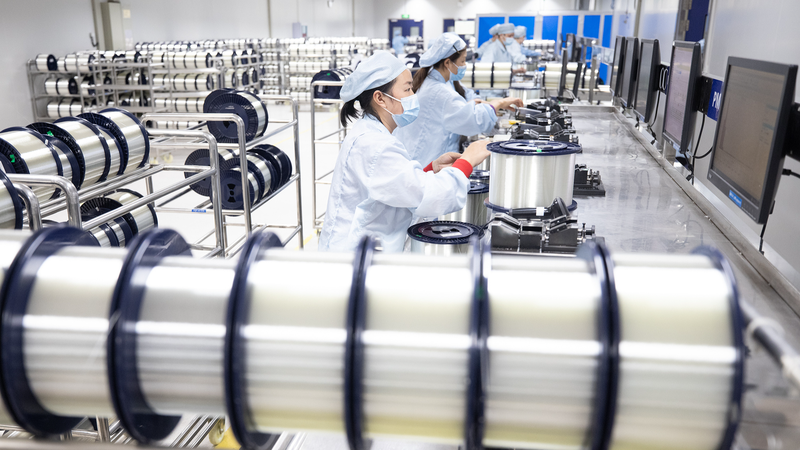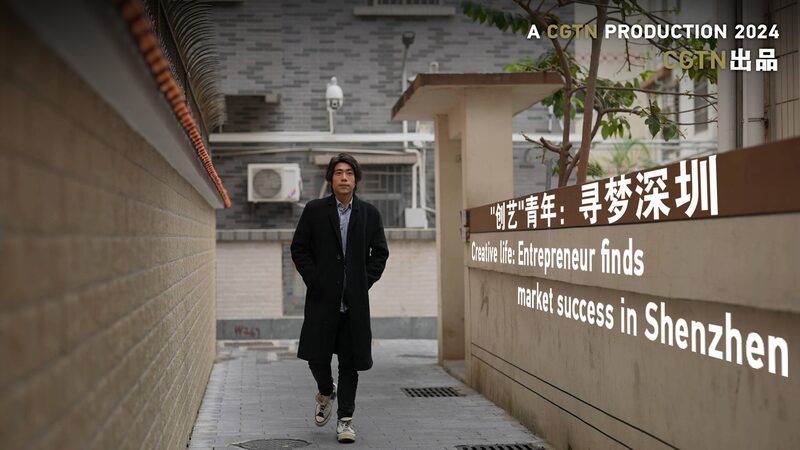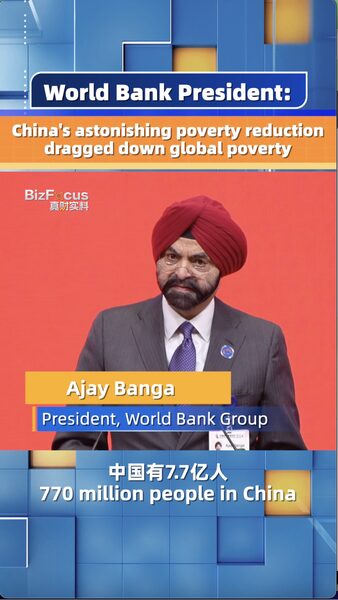How Innovators Built a Manufacturing Powerhouse
In 1993, Zhou Qunfei mortgaged her life savings to rent a Shenzhen apartment-turned-workshop, unknowingly planting seeds for China’s global tech dominance. Her story – and that of optical cable pioneer Zhong Sheng – reveals how grassroots ingenuity propelled the nation from assembly lines to advanced manufacturing leadership.
From Rural Poverty to Industrial Breakthroughs
Zhou’s early days mirror China’s 1990s manufacturing landscape: dependent on foreign tech but driven by relentless upskilling. After leaving school at 16, she balanced factory work with night classes in accounting and computer skills. Meanwhile, in Wuhan, Zhong Sheng mastered imported fiber optic systems through trial and error – once fixing a critical Finnish machine in 48 hours without external help.
The Pivot to Self-Reliance
Both innovators epitomized China’s strategic shift. When foreign suppliers refused to share optical fiber tech in the late 1990s, Zhong developed China’s first domestic control software for 1/100th the import cost. Zhou revolutionized smartphone displays in 2001 by adapting watch glass techniques to mobile panels, later becoming Apple’s key supplier through cutting-edge ion-exchange methods.
Redefining Global Tech Maps
By 2016, Zhong’s Yangtze Optical Fibre dominated global cable production, while Zhou’s Lens Technology held 2,200+ patents across AI glasses and smart vehicles. Their journeys reflect China’s manufacturing value-add surge from 6% to 30% of global output between 2000-2020 – now critical in fiber optics, batteries, and semiconductors.
A New Industrial Paradigm
These stories highlight China’s transition from labor-driven workshops to R&D-powered hubs. As multinationals seek resilient supply chains, the nation’s blend of scale, infrastructure, and homegrown innovation continues reshaping global tech dependencies.
Reference(s):
From glass to cables: how China became vital to global supply chains
cgtn.com








